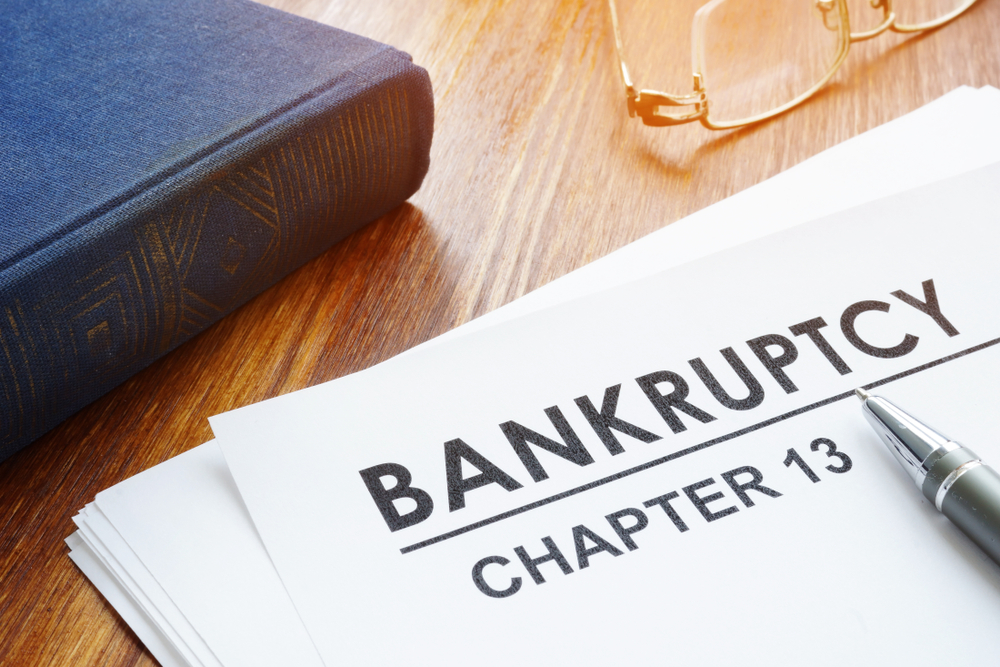Like anyone struggling with debt and failing to stay ahead with monthly bills, you carefully consider all potential solutions that will help you gain control over your finances. If you have looked into bankruptcy, you might already realize the benefits, particularly becoming debt-free with a clean slate. There are additional perks with a specific type of case under Chapter 13 bankruptcy rules, but many people in your position have concerns about timing.
As you look into options, it is important to know how long it takes to complete a Chapter 13 case in Arizona. It is understandable that you want to get started, so you can enjoy new financial opportunities as soon as possible. The duration varies, as every case is different and certain factors affect the process. It is wise to work with an Arizona Chapter 13 bankruptcy attorney who will assist with necessary tasks and keep your case on track. Plus, some background will help you know what to expect.
Basics Steps for Chapter 13
Bankruptcy laws function to support debtors who are trying to get back on their feet, while at the same time aiming to pay back creditors whenever possible. With a Chapter 13, it is possible to discharge all qualifying debt, so you will owe these creditors nothing when the process concludes. Through your case, you satisfy some of your debt to creditors through a debt repayment plan.
First, your debts are prioritized, restructured, and reduced. Then, the total is combined into a single monthly payment amount you can afford. Your debt repayment plan is based upon your income, so the one important criteria to qualify is that you must be employed.
Your debt repayment plan will last from 3 to 5 years, during which you are making payments and your case is open. Proceedings in court to initiate and finalize the case will be a few weeks, so a Chapter 13 bankruptcy takes slightly longer than 3 to 5 years.
Additional Facts About Chapter 13
Knowing the basic steps helps you understand the length of a Chapter 13 case, but there are additional factors to note about the process.
- Chapter 13 operates to discharge unsecured debt, such as credit cards, medical debt, lines of credit, and personal loans. It will not wipe out secured debt, including your mortgage.
- Though you cannot eliminate your mortgage in Chapter 13, you can discharge late fees, interest, and other arrearages. These amounts become part of your debt repayment plan, and are cleared when your case concludes.
- There are certain types of debt that cannot be discharged in bankruptcy, such as child support, alimony, certain lawsuit judgments, and some taxes.
- You can file a Chapter 13 case if you have gone through bankruptcy in the past. However, there is a waiting period, which is 2 years after a previous Chapter 13 case and 4 years after a prior Chapter 7 case.
Benefits of Filing Chapter 13 Bankruptcy
The biggest perk of Chapter 13 debt reorganization is that you emerge from the process debt-free, and creditors can no longer pursue you for debt. You are free of many burdens, and you will have more income to pay those debts that are not dischargeable. Plus, some additional benefits are:
- When you file your Chapter 13 case, the court imposes an automatic stay on creditor efforts to collect. They cannot contact you, file a collection lawsuit, garnish wages, or foreclose on your home.
- There is no liquidation in Chapter 13, since you pay back creditors through your debt repayment plan. In Chapter 7, your assets could be sold to satisfy debt to creditors.
- Many people who do not qualify for Chapter 7 may be eligible for bankruptcy under relaxed rules for Chapter 13. Many debtors opt for Chapter 13 regardless of eligibility because they seek to protect assets that might be subject to liquidation.
- It is true that Chapter 13 will remain on your credit history for 7 years after filing. However, this is an advantage over Chapter 7, which stays on your report for 10 years. Fortunately, you can be rebuilding credit by making on-time payments for your mortgage, utilities, and other monthly bills. When the time is right, you can continue to boost your credit score by obtaining a secured credit card in which you deposit funds as security.
Speak to an Arizona Chapter 13 Bankruptcy Lawyer About Your Case
Though it is useful to know the timeline of a Chapter 13 bankruptcy case in Arizona, you can rely on a knowledgeable attorney for assistance with all stages of the process. To learn how our team helps with debt repayment bankruptcy, please contact DebtBusters. You can call (866) 223-4395 or visit our website to schedule a free consultation. A Chapter 13 bankruptcy attorney can meet with you at our offices in Scottsdale, AZ to discuss details.







